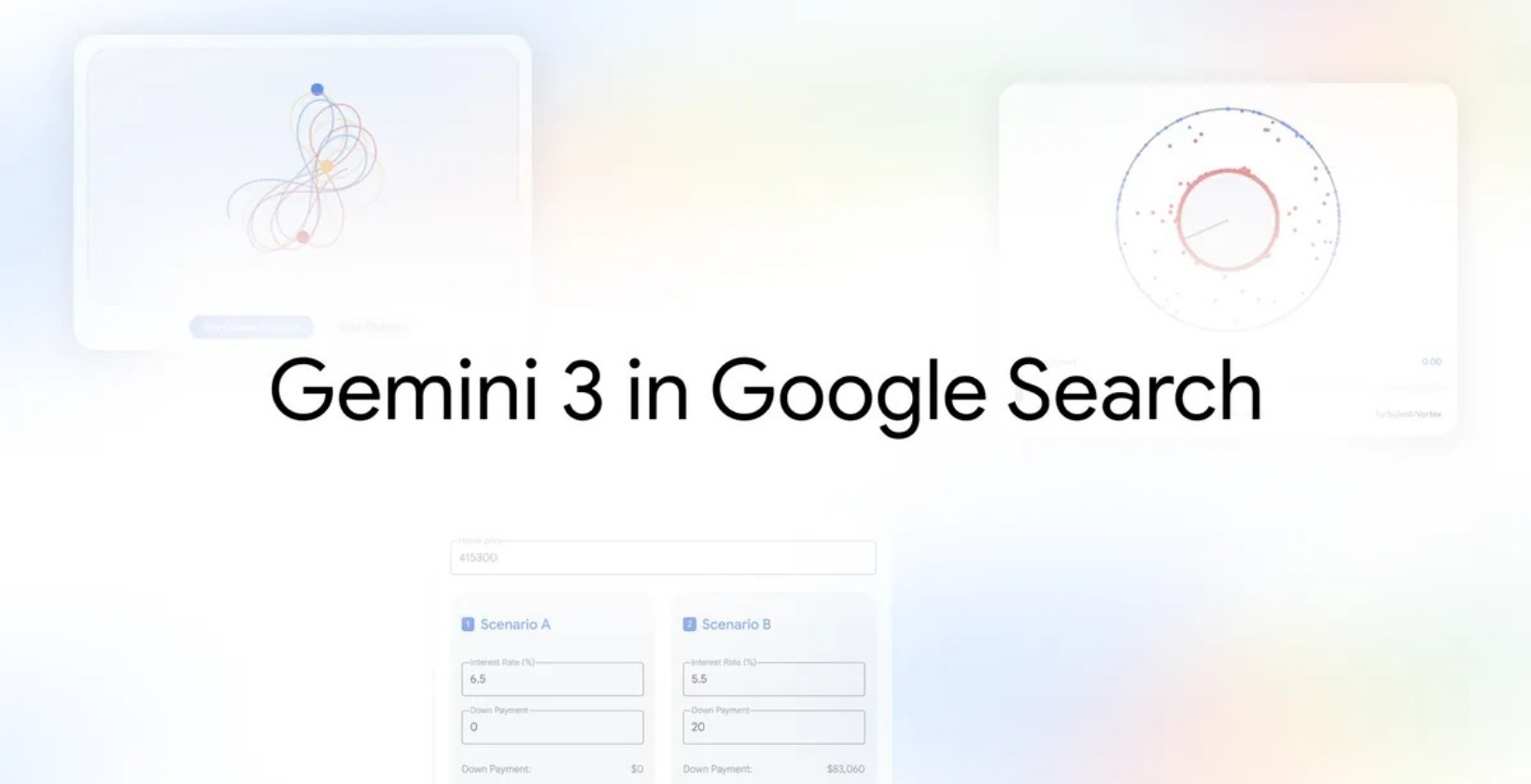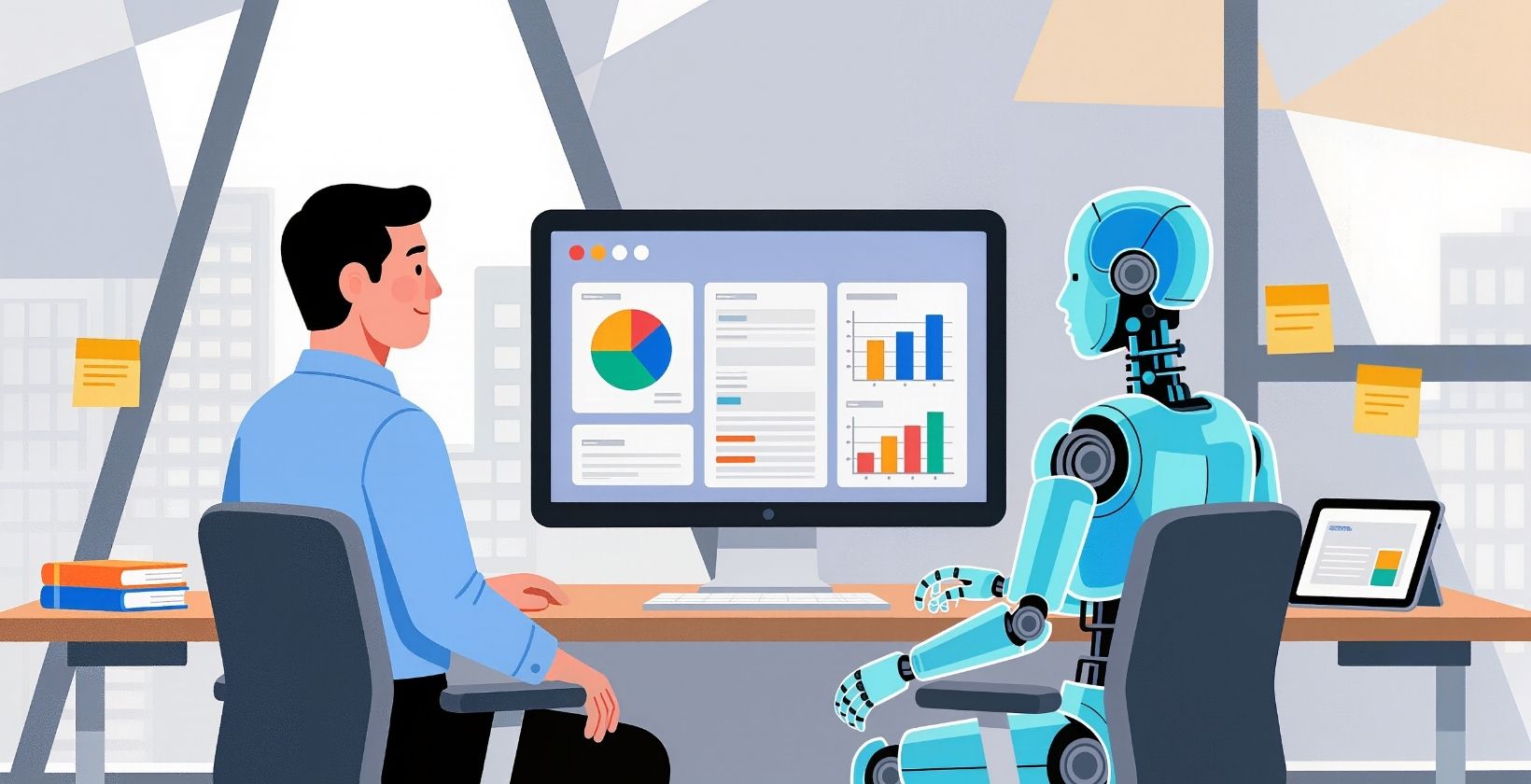The rise of artificial intelligence (AI) has sparked much debate, especially around the idea that AI will replace human workers in various industries. However, this narrative of job loss, particularly in white-collar roles, is overly simplistic, and as Josh Bersin, a global talent thought leader, points out, many roles will evolve rather than vanish. In fact, AI is transforming industries in ways that enhance human capabilities, especially in fields like SEO.
The Evolution of SEO in the Age of AI
While the SEO industry has seen some contraction in leadership positions and specialized roles, it’s clear that SEO itself isn’t disappearing. Instead, SEO job listings remain strong in 2025, with mid-level roles comprising almost 60% of open positions. The key question for SEOs should not be, “Will AI replace me?” but rather, “How can I use AI to amplify my impact?”
Rather than viewing AI as a replacement, SEOs should embrace it as a tool that can enhance their work. AI-driven agents, automation, and intelligent systems can help SEOs deliver faster, more impactful results. As Bersin suggests, “AI is a tool. We can make it or teach it to do whatever we want.” With AI, SEO professionals can scale insights, accelerate experimentation, and directly tie their efforts to measurable business outcomes like pipeline, conversions, and revenue.
Rewriting the SEO Narrative: From Survival to Impact
The language surrounding SEO’s evolution needs to shift from a focus on loss to one of amplification and business growth. SEO has evolved beyond just optimizing for rankings to driving measurable business results. With the rise of AI-powered tools like Generative Engine Optimization (GEO), SEO can now contribute more significantly to organic discovery and revenue generation.
AI is not the enemy of SEO but rather a powerful force multiplier. When harnessed correctly, it enhances SEO’s role in business growth and amplifies human creativity and strategic thinking.
Shifting Team Structures in SEO
As SEO teams adapt to the changing landscape, it’s clear that the traditional approach of scaling output by adding headcount is no longer the norm. With hiring freezes and leaner budgets, organizations are rethinking how they structure SEO teams. Specialized roles like “SEO writers” and “link builders” are being replaced by versatile strategists who blend technical, analytical, and creative skills. Today’s SEO leaders are focusing more on capability and ROI than on headcount.
To stay competitive, SEO teams must evolve. Rather than hiring specialists, leaders are seeking individuals with broad expertise and problem-solving skills who can work across disciplines. The traditional pyramid-shaped SEO team is giving way to more agile, cross-functional structures that integrate SEO with analytics, UX, paid media, and content.
The New Era: Human-Led, Agent-Powered Teams
The future of SEO teams lies in collaboration between humans and AI agents. These agents, such as content refreshers, site-health bots, or citation-validation agents, handle high-volume, repeatable tasks, freeing up humans to focus on strategy, insight, and business impact.
AI agents can be costly to develop, ranging from $20,000 to $150,000 – but they offer substantial returns by increasing capacity and efficiency. A single human manager may oversee multiple agents, creating a more efficient and effective team structure, often referred to as the “rocket ship” model.
Real-World Examples of AI-Powered SEO Teams
SaaS companies, marketplace brands, and enterprise content hubs are already deploying AI agents to handle tasks like SEO audits, audience discovery, and content optimization. These agents work in tandem with human strategists who refine outputs and ensure the quality and relevance of content. The result is faster, smarter SEO processes that directly contribute to business growth.
The Importance of Integration
AI agents succeed when they work alongside humans, not in isolation. To maximize the potential of AI, SEO teams must collaborate with other departments, such as paid search, analytics, and UX, to align efforts and amplify results.
A Call to Action for SEO Practitioners
The future of SEO will be shaped by teams that can build their own AI frameworks, not just rely on third-party tools. SEO practitioners must adapt by developing their own AI-powered agents, partnering with experts to co-create solutions, and restructuring teams to focus on capabilities rather than titles.
The SEO community of the future will be built on the synergy between humans and AI agents, driving greater impact and business results. Those who embrace this new model will not just adapt to the changing landscape, they will define it.
Summary
The future of SEO is not about surviving AI’s rise but about leveraging AI as a powerful tool for amplifying human capabilities. As the SEO industry evolves, teams must focus on building versatile, agent-powered structures that drive measurable business growth, with AI playing a key role in scaling impact and efficiency. The next generation of SEO will be defined by collaboration between humans and intelligent systems, creating a more agile, effective, and results-driven approach to digital marketing.




